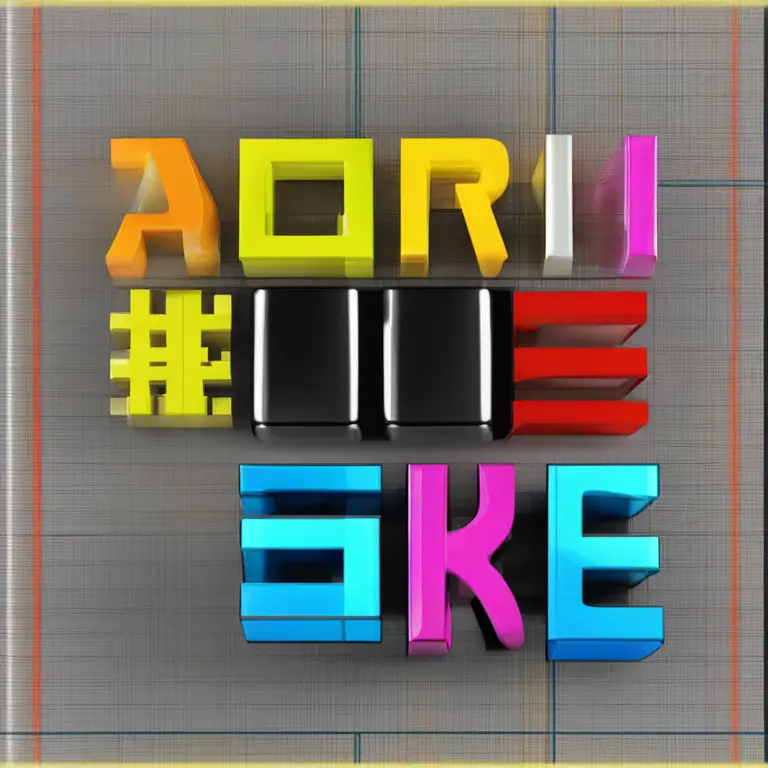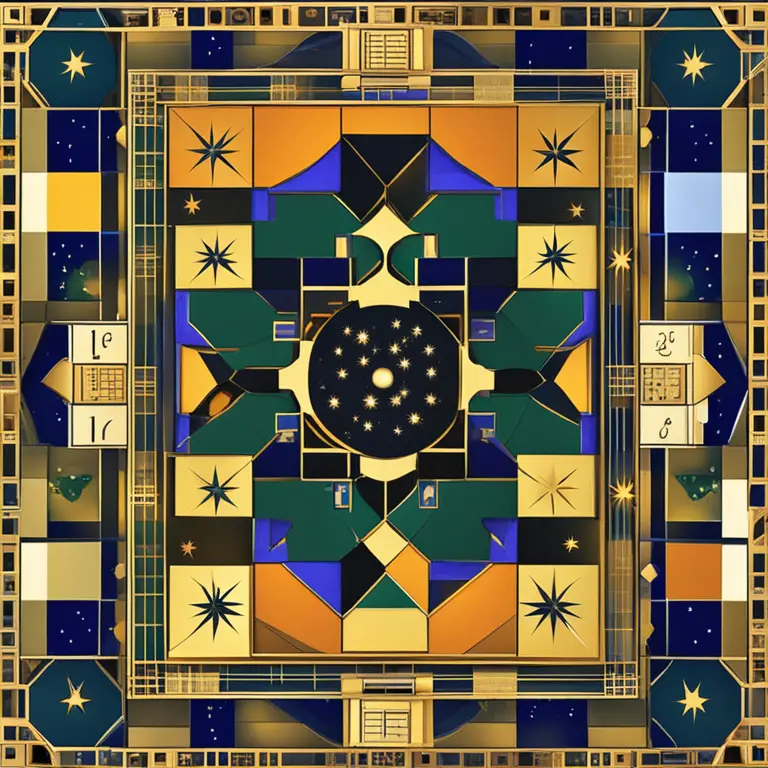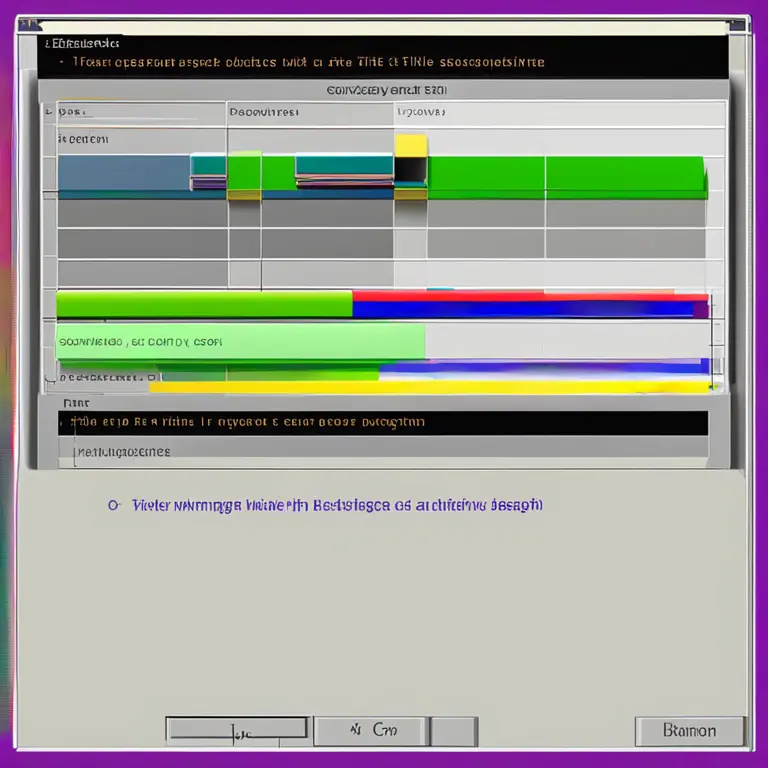
The Accuracy of Birth Chart Readings
Evaluates the precision and validity of astrology birth charts to understand their role in personal insight and life guidance.
article by Priya Deshmukh
The Astrological Basis of Birth Charts
Birth charts, also known as natal charts, are a staple in astrological practice, crafted using the precise positions of celestial bodies at the moment of an individual's birth. Enthusiasts believe these charts provide profound insights into personality, life events, and potential futures. This celestial snapshot is said to influence various aspects of life, from personal temperament to relational dynamics. Although astrology is often seen is a mystical tradition, it has been practiced for millennia, revealing layers of complexity and cultural significance in its application.

Scientific Scrutiny and Astrological Claims
Science often views astrology with skepticism, mostly because astrology lacks empirical evidence that aligns with scientific standards. Critics argue that birth charts forecast outcomes based on a pre-scientific belief system, which does not consistently predict real-world events with accuracy. Despite the lack of scientific endorsement, an extensive community of astrologers continues to interpret birth charts, providing personalized readings that many find valuable and enlightening.

Personal Validation VS Statistical Reliability
Accuracy in birth chart readings is not just about empirical validation, but also about personal resonance. Many individuals report that their birth chart readings reflect their personal experiences and characteristics with uncanny precision. However, this subjective sense of accuracy fails to meet the demands of statistical reliability required to claim universal validity. Confirmation bias and the Forer effect—whereby individuals believe vague, general statements are highly accurate for them personally—often play a role in these perceptions of accuracy.

The Role of the Astrologer
The accuracy of a birth chart reading can greatly depend on the skill and interpretive powers of the astrologer. A nuanced reader can draw out sophisticated insights from the positions of planets and astrological aspects. These interpretations might provide comfort, generate hope, or spur introspection, regardless of their objective truth. The depth of an astrologer's practice, including their understanding of contemporary life issues as they relate to astrological teachings, can enhance the relevance of their readings.

Evolution of Astrological Tools
Technological advancements have led to more sophisticated tools for creating birth charts, which employ complex algorithms to analyze astrological data with unprecedented precision. With access to comprehensive databases and astronomical software, modern astrologers can craft detailed and precise birth charts that respect the current understanding of planetary movements. This technological support, however, doesn't necessarily speak to the fundamental accuracy of astrology's premises, but it does allow for consistency in chart creation.
The Future of Astrology: Bridging Tradition and Innovation
Looking towards the future, the intersection of astrology and personal growth appears increasingly significant. People around the world turn to astrological frameworks for guidance, and the field shows signs of adapting to modern sensibilities. Whether through incorporating psychological insights or fostering digital spaces for discussion, astrology continues to evolve. As society grows more comfortable meshing ancient traditions with contemporary understandings, the question of accuracy may give way to a focus on personal meaning and utility.
Published: 1/22/2024
Modified: 1/22/2024
More predictions
Come back here soon to learn more about yourself and your future


The Lunar Phases of the Moon Explained
Learn how the moon's phases affect us on Earth and influence astrological interpretations through their celestial dance.


Moon Phase Calendar For 2024: A Guide
Dive into the lunar journey of 2024 with our Moon Phase Calendar, guiding your astrology practices and syncing with the celestial rhythms.


The Lunar Cycle & Its Impact on Life
Discover how moon phases impact daily life, personal growth, and more in our guide to the lunar cycle's significance.